“Villa has created a high-level integrated program that will give its students a substantial edge in the intense competition for entry into the health sciences at the university level.”
Dr. David M. Fleiszer, Surgeon
McGill University Health Centre
The Sciences program is designed for students who wish to specialize in science and mathematics. It prepares them for all science-related pre-university CEGEP programs, as well as many career-technical programs.
For 2025-2026, Science is offered in Secondary 3, 4 and 5 in the English sector.
Students will acquire knowledge in chemistry, biology and physics, as well as develop lab competencies, critical thinking, and analytical skills.
They will be involved in problem solving, experimentation, data processing and contextual analysis. In the future, students in this program will have the opportunity to enter professions in fields such as biomedical research, medicine, nursing, environmental science, engineering, biotechnology, computer science, architecture and veterinary medicine.
Physician
Veterinarian
Nurse
Pharmacist
Researcher
Engineer
Advanced lab skills and critical thinking
Scientific literacy
Mathematical analysis
Self-directed learning
Clear oral and written communication
Mastery of language of instruction (French-English)
In-depth research
Project-based learning
Time management
Team dynamics
Volunteerism and community involvement
PRE-UNIVERSITY CEGEP PROGRAMS
Pure and Applied Sciences
Health Sciences
Environmental Sciences
Arts and Sciences
CAREER-TECHNICAL CEGEP PROGRAMS
Radiation Oncology
Industrial Electronics
Architectural Technology
Computer Engineering Technology
Biomedical Laboratory Technology
Pharmaceutical Production Technology
*Some requiring SO math
This course covers basic biology principles such as ecology and evolution, viruses, bacteria, protists, immunology, genetic engineering and biotechnology. Students learn how to use a Tirrill burner and have the opportunity of practicing lab skills such as micropipetting, electrophoresis and sterile techniques.
A Ministry-required course for entry into science-based CEGEP programs, it is also a prerequisite for Secondary 5 physics and chemistry. Areas of study include biotechnology, ecological footprint, ecotoxicology, Mendelian genetics, physical science and stoichiometry, environmental contamination, and eutrophication.
A course organized around five main topics: gases, thermochemistry, reaction rates, equilibrium, and acids and bases. Enrichment topics include limiting reagents, electrochemistry and the use of significant figures. Lab skills include titration, pipetting, collecting a gas using a eudiometer and developing the ability to expertly use laboratory equipment.
A course consisting of two modules covering a total of six topics. The Optics module covers the reflection and refraction of light, while the Mechanics module consists of the analysis of static forces, kinematics, dynamics and mechanical energy. Enrichment includes topics relating to astrophysics and biophysics.
“Villa has created a high-level integrated program that will give its students a substantial edge in the intense competition for entry into the health sciences at the university level.”
Dr. David M. Fleiszer, Surgeon
McGill University Health Centre
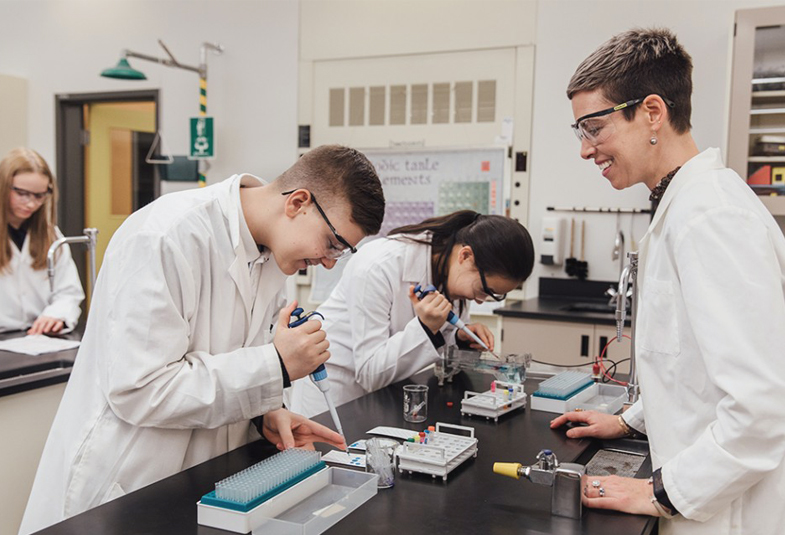
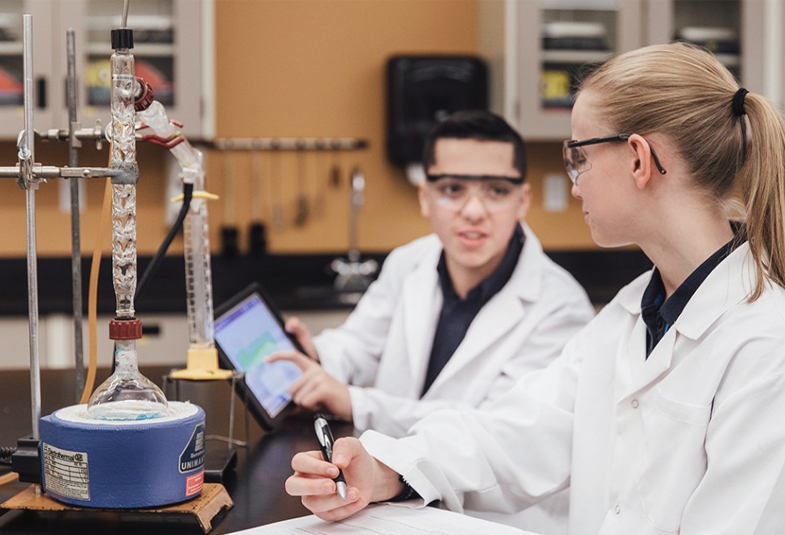
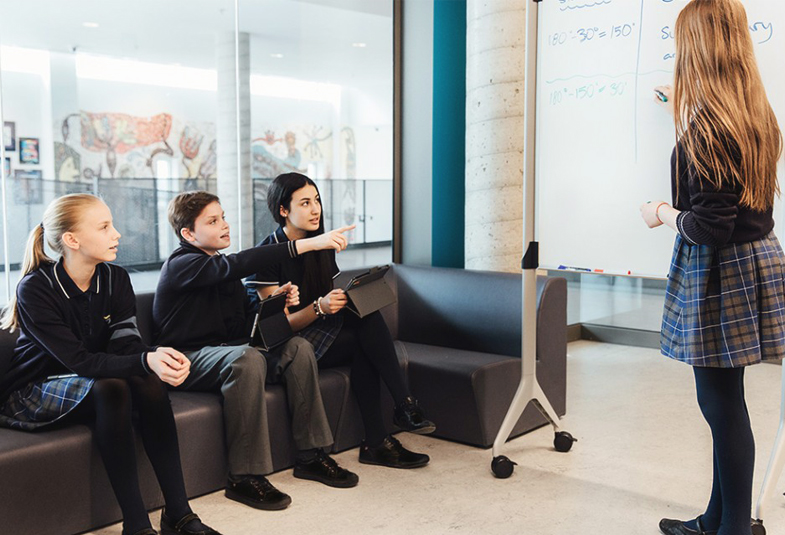
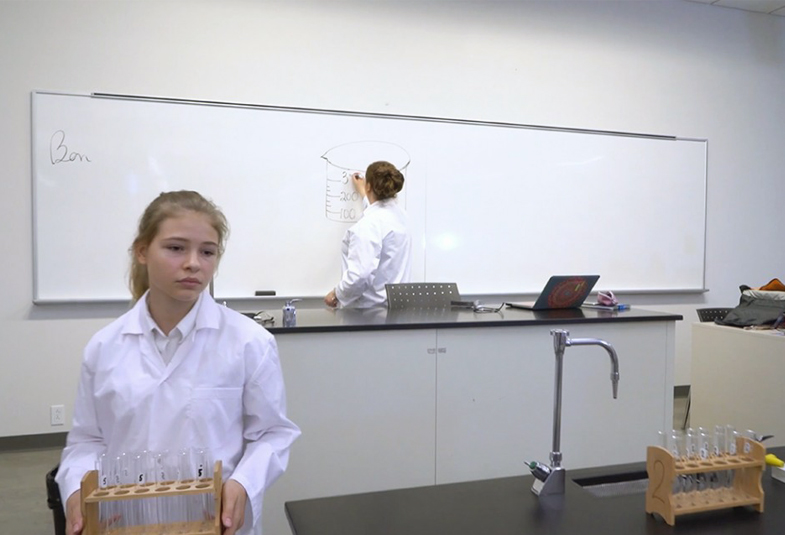
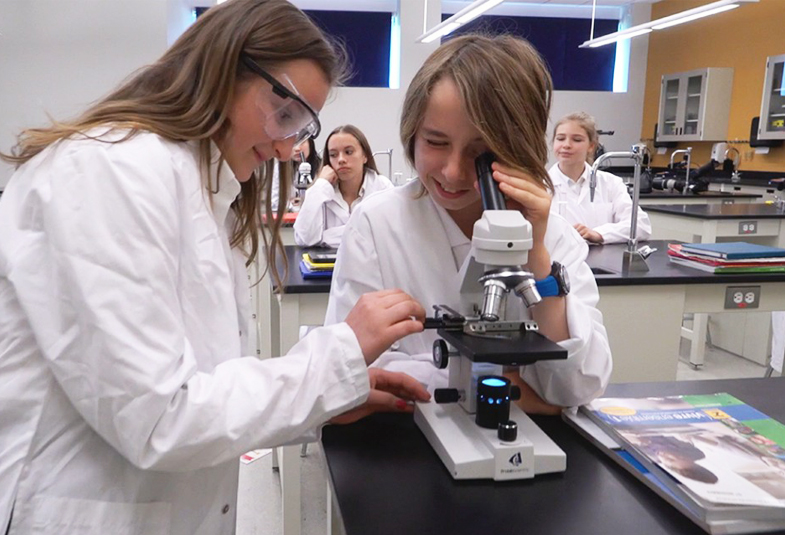
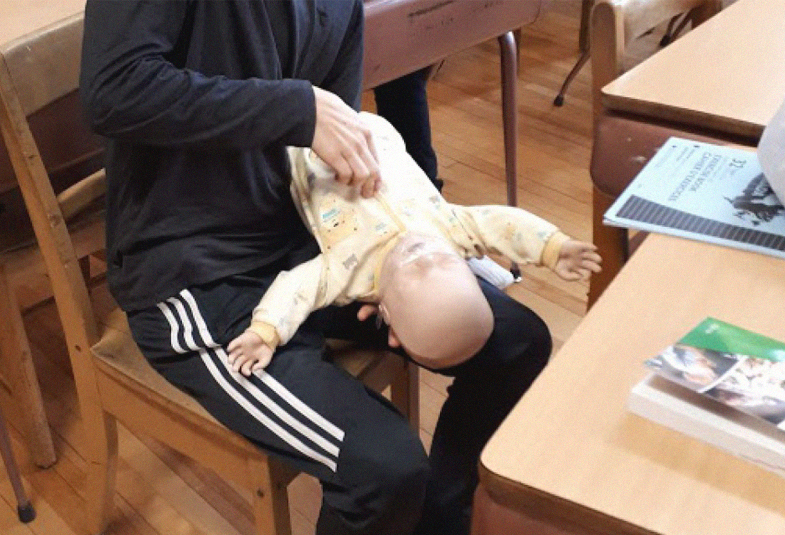
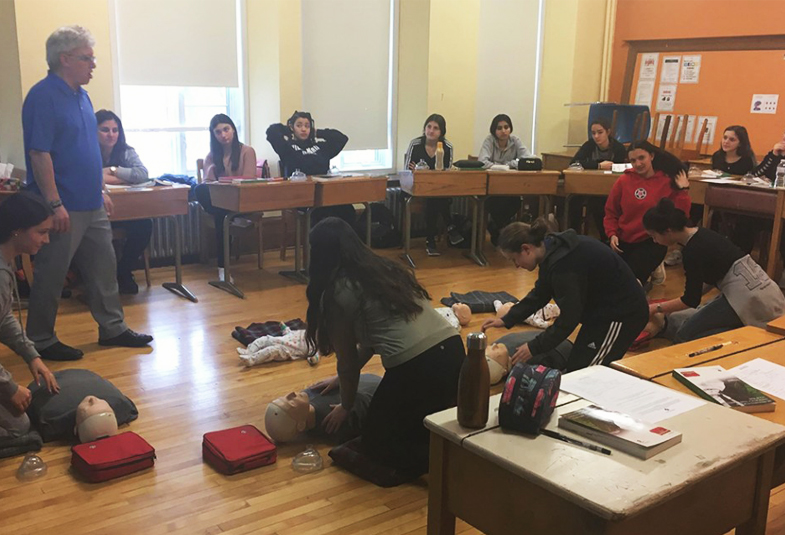
Students can choose from various unique academic profiles specially tailored to their interests and tomorrow’s workplace.